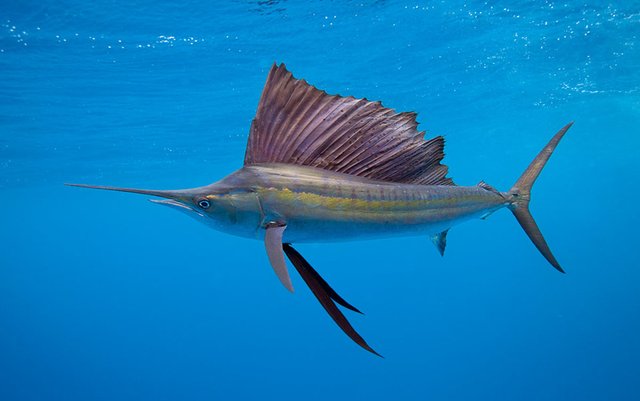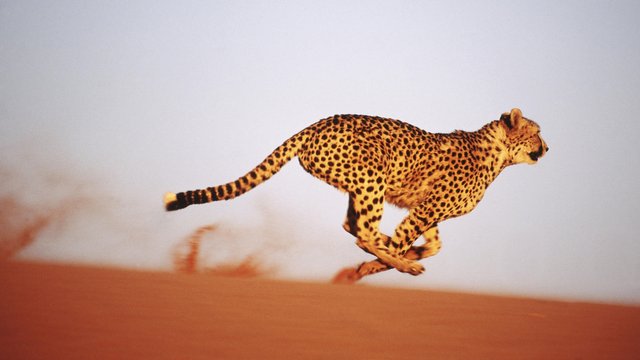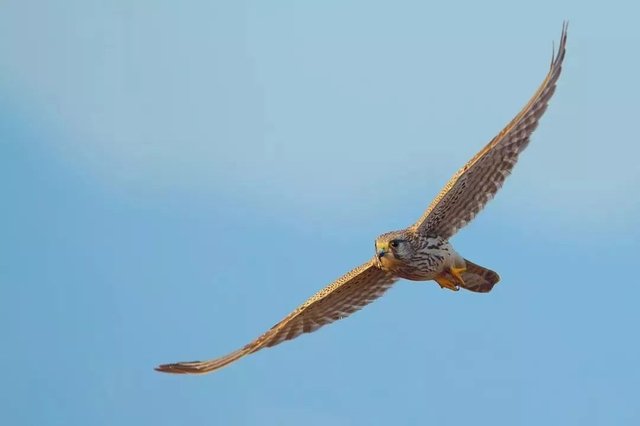The animal king of speed on land, sea and air
Sailfish: 30 to 110 kilometers per hour

Sailfish are often considered by scientists to be the fastest fish in the ocean, with a top speed of more than 110 km/h, according to the National Oceanic and Atmospheric Administration (NOAA). However, some experts believe these large fish are actually much slower. Paul-Domenich, a biologist at the National Research Council's Institute of Biophysics (IBF) in Italy, expressed doubts that sailfish and other marine animals swim faster than 100 km/h. Domenici said the widely cited fastest speed of sailfish came from an article in the 1941 issue of Country Life, which is not a scientific journal, so the data are doubtful. "So far, there are no very clear criteria to measure the fastest speed of a potential fish," Domenici told Life Sciences. To calculate how fast sailfish might travel, he and his colleagues used tags and video to measure the frequency of the sailfish's tail beats, equivalent to the fish's stride length." When we did this, we ended up with a maximum speed of 8-10 m/s [29-36 km/h] and didn't exceed that." domenici co-authored a 2016 study published in the journal Biology Open that estimated the sailfish's maximum swimming speed to be only 30 km/h.
Cheetah: 112 kilometers per hour

Cheetahs will dominate the sprinting events in the animal Olympics. They are the fastest land animals, capable of running at top speeds of 96 to 112 kilometers per hour. Life Science reports that a cheetah named Sara completed the 100-meter race in 5.95 seconds. The fastest athlete in history, Olympian Usain Bolt, holds the world record with 9.58 seconds. In 2009, he ran the distance at a speed of 44.7 km/h, according to the Olympic website. Cheetahs live in northern, eastern and southern Africa, with a small distribution in Iran. They have long, slender bodies and powerful legs that help them reach their fastest speeds so that they can keep up with fast prey like gazelles.
Peregrine Falcon: 354 kilometers per hour

Peregrine falcons are the fastest animals in the world and can swoop at 354 km/h when they hunt other birds of prey. Their usual cruising speed is 64 to 97 km/h. According to Boston University's Biological Air Sports blog, these falcons have pointed, streamlined wings, a modified sternum, muscles and hard feathers that reduce drag and are suitable for high-speed flight. Peregrine falcons are found worldwide on every continent except Antarctica, according to the National Wildlife Federation.